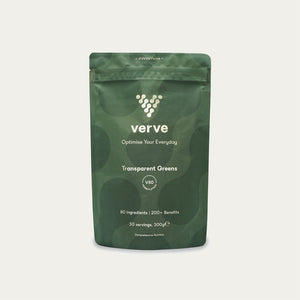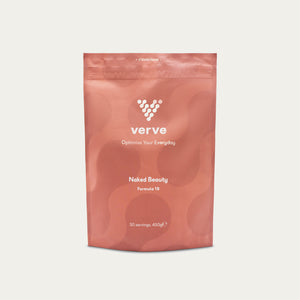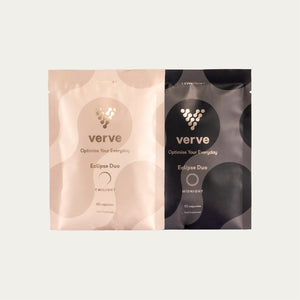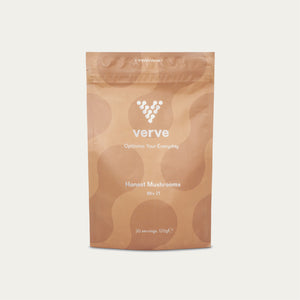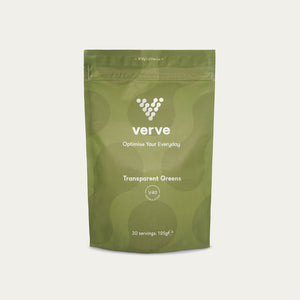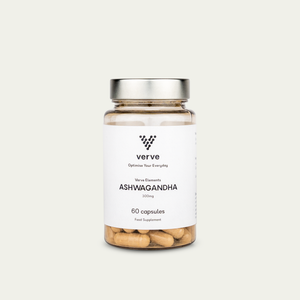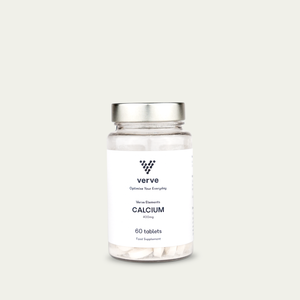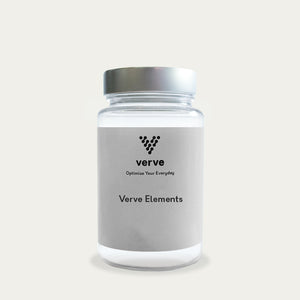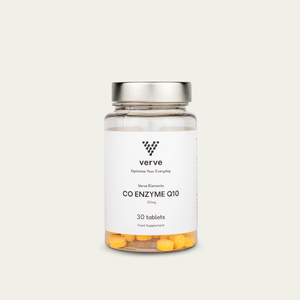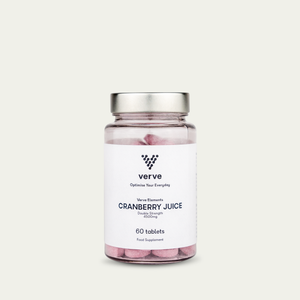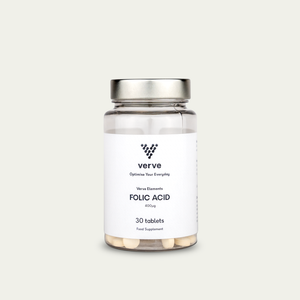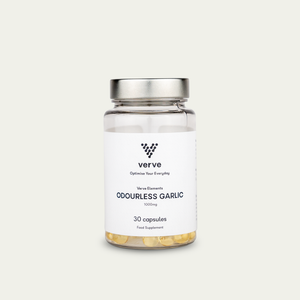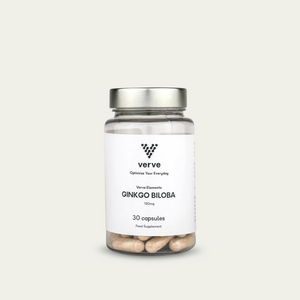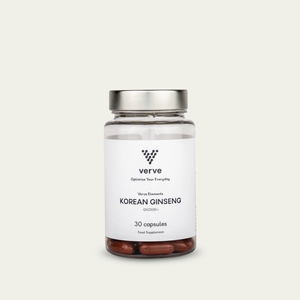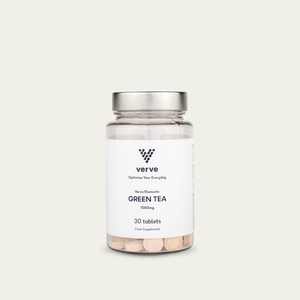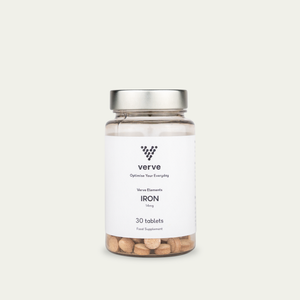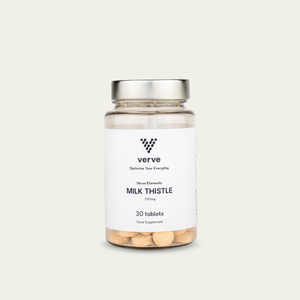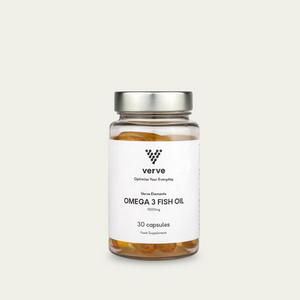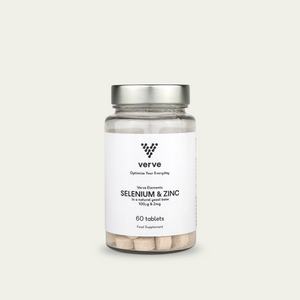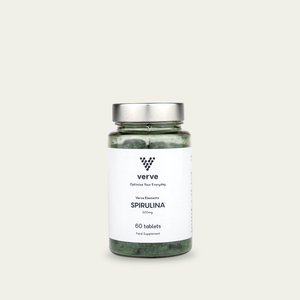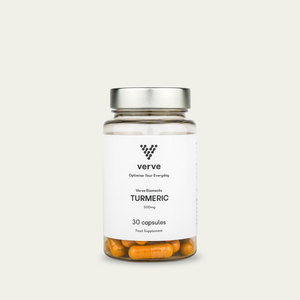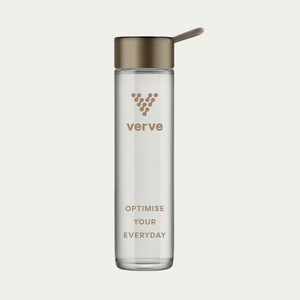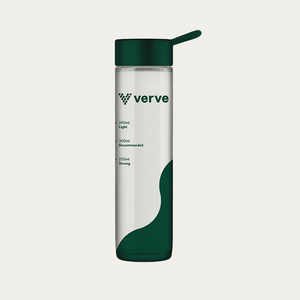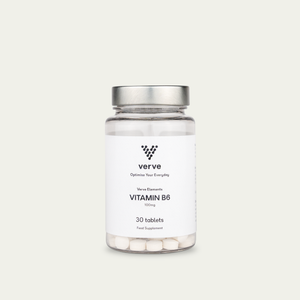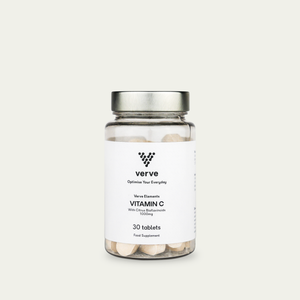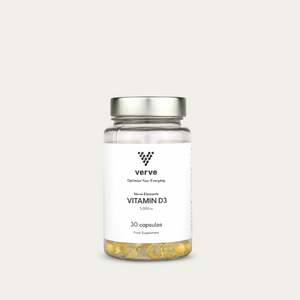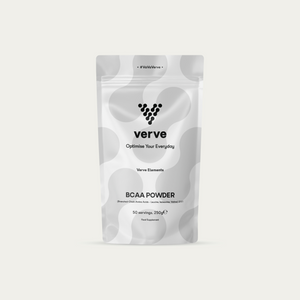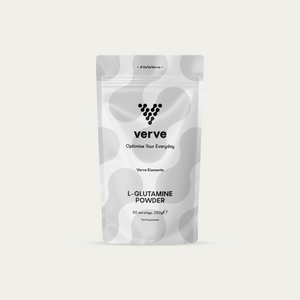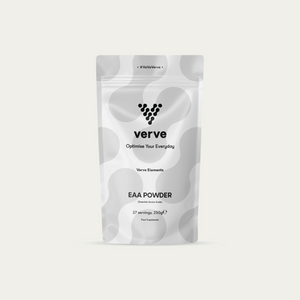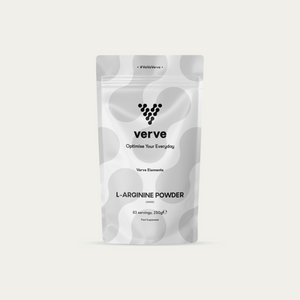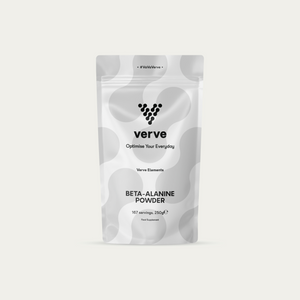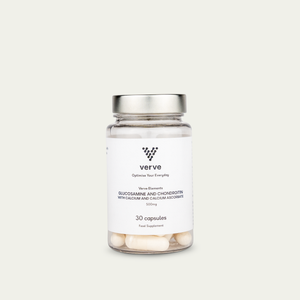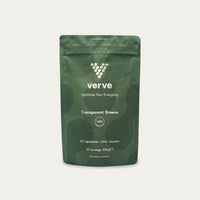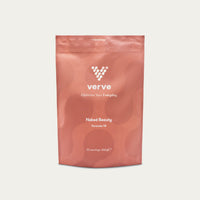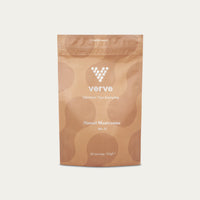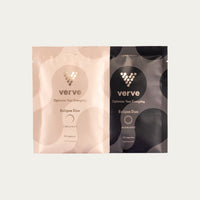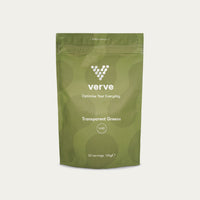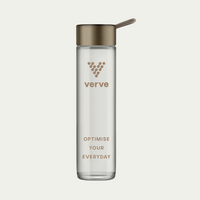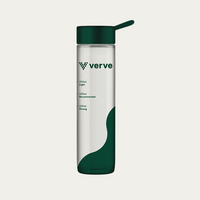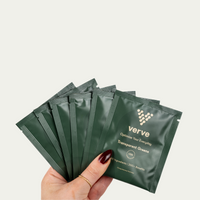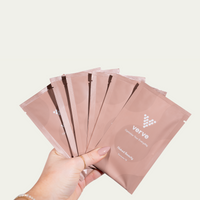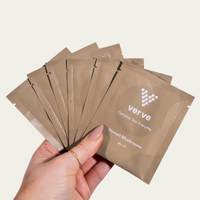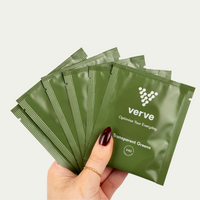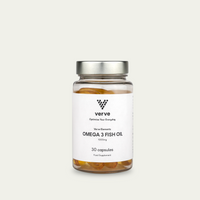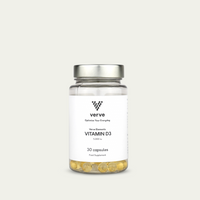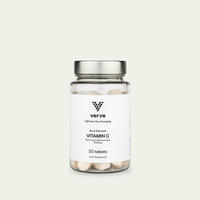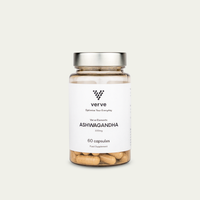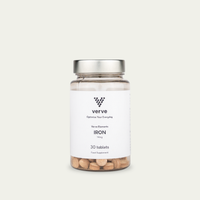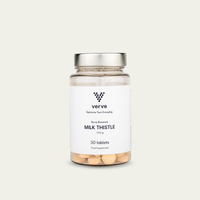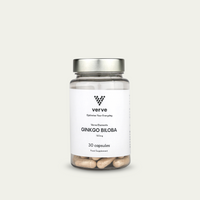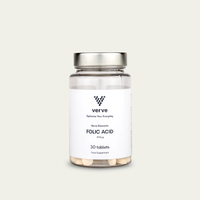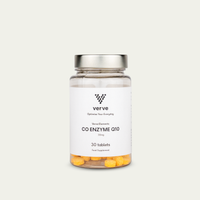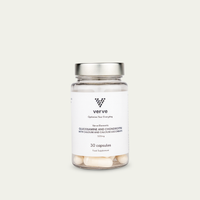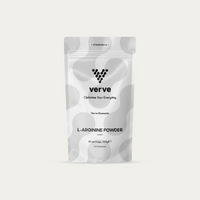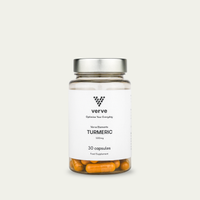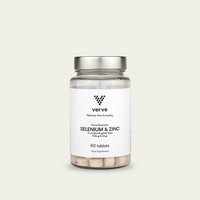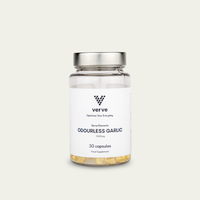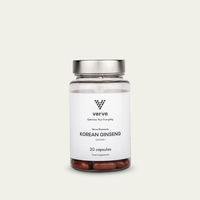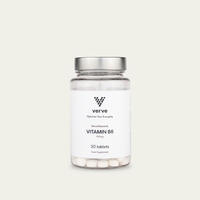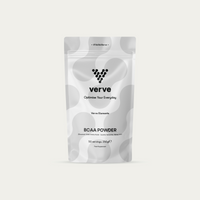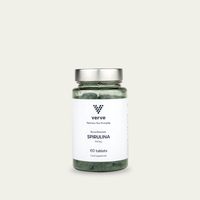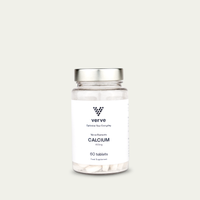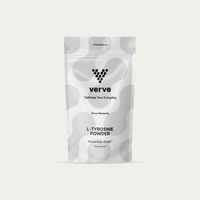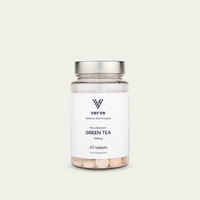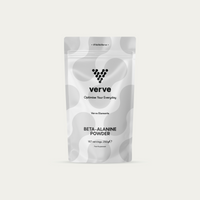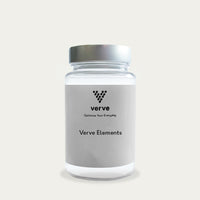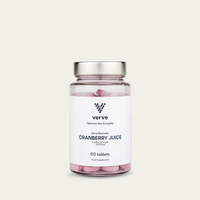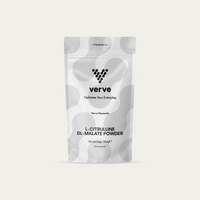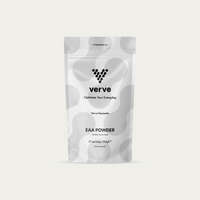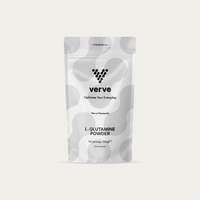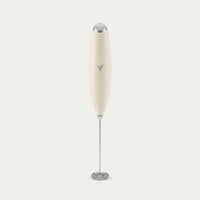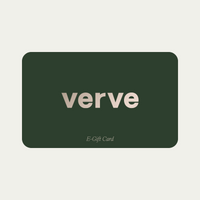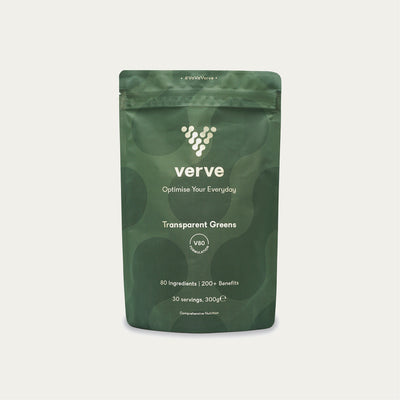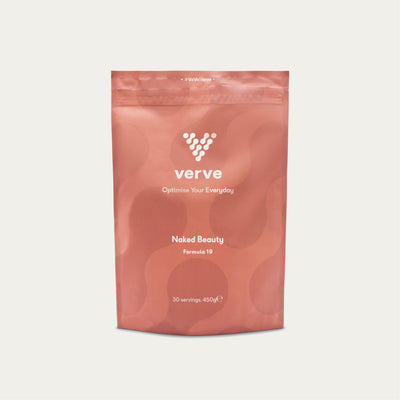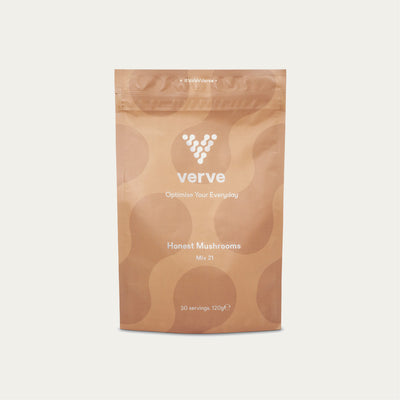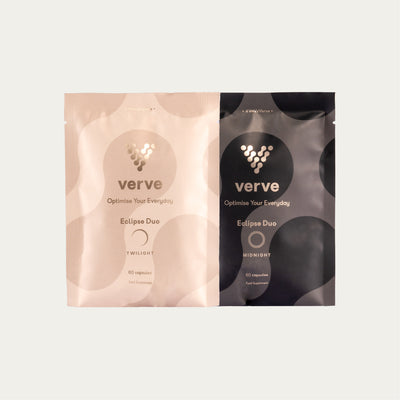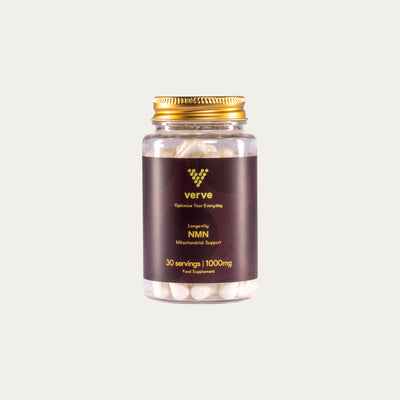Table of Contents
Feeling the weight of the world on your legs by the end of the day is not an uncommon complaint. Whether it's due to long hours of standing, an intense workout, or just the hustle and bustle of everyday life, tired legs can truly hamper your well-being.
Fortunately, certain vitamins have been shown to offer relief and support. Let’s explore the best vitamins for tired legs to see how they can help.
When you experience tired legs, it's not just a fleeting discomfort; it's your body signalling that something isn't quite right. Tired legs can manifest as a heavy, aching sensation, or you might feel as though you're dragging your feet with every step. This condition is common but shouldn't be disregarded, as it can significantly impact your daily life.
Physical Activity
Engaging in any form of physical exercise or activity naturally leads to fatigue in the muscles as they work harder. After a rigorous workout session or a long day on your feet, it's normal to feel tiredness in your legs. This is due to the build-up of lactic acid and tiny tears in the muscle fibres that occur during physical exertion. Your body needs time to repair these micro-tears, which is why rest days are just as critical as training days for athletes of all levels.
Lifestyle Choices
Your day-to-day habits can play a substantial role in the health of your legs. Sedentary behaviour, such as sitting for extended periods, can lead to muscle stiffness and fatigue. Conversely, standing for long durations without proper support can cause blood to pool in the lower extremities, also leading to tired legs. It's crucial to strike a balance and integrate movement throughout your day.
Nutritional Deficiencies
The role of nutrition in muscle health is often underestimated. Your leg muscles require a variety of nutrients to function optimally. A lack of essential vitamins and minerals can lead to fatigue and weakness. For instance, iron deficiency can cause anemia, leading to tiredness and a lack of endurance in your legs. Vitamins B12 and D, magnesium, and potassium are all critical in maintaining muscle health and energy levels. (More on this later)
Dehydration
Proper hydration is the foundation of overall health. When you're dehydrated, your body doesn't have the necessary fluids to ensure that nutrients and oxygen are efficiently transported to your leg muscles. This can quickly lead to muscle cramps and fatigue. The solution is simple yet often overlooked: drink plenty of water, especially before, during, and after physical activity.
Poor Circulation
Your circulatory system's health is paramount to avoiding tired legs. Poor circulation can result from various factors, including smoking, high blood pressure, and atherosclerosis. When blood flow is compromised, your leg muscles won't receive enough oxygen-rich blood, leading to feelings of heaviness and fatigue. Regular exercise, wearing compression stockings, and elevating your legs can help improve circulation.
Lack of Rest
Sleep is the body’s time to repair and rejuvenate. Without adequate rest, your muscles do not have the chance to fully recover from the day's activities. Chronic sleep deprivation can lead to persistent tiredness in the legs as your body struggles to cope with the demands placed upon it without the necessary downtime.
Best Vitamins For Tired Legs
Now that we have a better understanding of tired legs, let’s take a deeper look at which vitamins can help combat them.
Here are the best vitamins (and minerals) for tired legs:
- Vitamin D
- B Vitamins
- Vitamin E
- Magnesium
- Potassium
Let’s walk through these vitamins and minerals individually to see which ones can help you.
Vitamin D
Vitamin D, famously obtained from sunlight, is a fat-soluble vitamin that is paramount for the maintenance of healthy bones and muscles.
It’s produced in the skin as a response to sunlight and can also be consumed through foods and dietary supplements. This nutrient is essential for facilitating normal immune system function and ensures optimal absorption of calcium and phosphorus, crucial minerals for bone health. A deficiency in vitamin D can lead to a softening of the bones, known as osteomalacia, in adults, which often results in muscular weakness and achy legs. Moreover, low levels of vitamin D are associated with an increased risk of chronic diseases, including cardiovascular issues, diabetes, and multiple sclerosis. For those who cannot get sufficient sunshine, especially during the darker winter months, foods like oily fish, egg yolks, fortified foods, and supplements are recommended sources of vitamin D.
B Vitamins
B vitamins are a group of water-soluble nutrients that play an integral role in cellular energy production. They are vital coenzymes in the metabolic process of converting glucose into ATP (adenosine triphosphate), which is the form of energy utilised by our cells.
B1 (Thiamine) is crucial for the breakdown of carbohydrates, and its deficiency can lead to a condition known as beriberi, affecting the nervous and cardiovascular systems.
B2 (Riboflavin) is pivotal for red blood cell production and the release of energy from proteins.
B3 (Niacin) assists in metabolic processes and supports skin health, the nervous system, and the digestive system.
B6 (Pyridoxine) is involved in protein metabolism, the creation of neurotransmitters, and the regulation of homocysteine levels, which, when elevated, can be a risk factor for heart disease.
B12 (Cobalamin) is essential for nerve tissue health, brain function, and the production of red blood cells.
Incorporating a diet rich in B vitamins is vital for maintaining energy levels and preventing fatigue. Vitamin B deficiencies can lead to a variety of health concerns including anaemia, mental confusion, and weakened muscle function.
Vitamin E
Vitamin E is a powerful antioxidant that plays an intricate role in protecting cells from oxidative stress caused by free radicals.
As an essential nutrient for immune function and skin health, it also contributes significantly to the health of your muscles. Vitamin E facilitates the widening of blood vessels, which helps to prevent blood clots. Moreover, it’s believed to aid in the repair and growth of tissues, making it crucial for muscle recovery post-exercise. Athletes or individuals who experience cramps and soreness in their legs could benefit from ensuring adequate vitamin E intake. Dietary sources include vegetable oils, nuts, seeds, and green leafy vegetables like spinach and broccoli.
Magnesium
Though not a vitamin, magnesium's role in muscle health is noteworthy. This essential mineral is responsible for over 300 enzyme reactions in the body, including those needed for proper muscle function.
It helps muscles relax after contraction and can alleviate cramping, a common cause of leg discomfort. Magnesium is also involved in energy production, protein synthesis, and muscle movement. Since it assists in the absorption and metabolism of other minerals and vitamins, its presence is crucial for overall nutrition. It's abundantly found in foods such as almonds, spinach, cashews, peanuts, whole wheat bread, and black beans. Consuming adequate magnesium can help combat tired legs, particularly for those who are active or suffer from conditions like restless leg syndrome.
Potassium
Potassium is an essential mineral that serves numerous critical functions in the body, and it is especially important for proper muscle and nerve function.
It acts as an electrolyte, helping to maintain the balance of fluids inside and outside of cells, and is paramount for the transmission of nerve signals, the contraction of muscles, and keeping the heart beating regularly. Muscle weakness, cramping, and fatigue can often be attributed to low levels of potassium in the body, a condition known as hypokalemia.
Potassium also plays a role in preventing high blood pressure, reducing the risk of stroke, and offsetting the negative effects of sodium on blood pressure. It's crucial for those who are physically active, as sweating can deplete potassium levels, potentially leading to muscle cramps and weakness. Foods rich in potassium include bananas, oranges, cantaloupe, sweet potatoes, spinach, and tomatoes.
Lifestyle Tips For Tired Legs
In addition to these vitamins, here are some simple lifestyle changes that can make a significant difference:
- Stay Hydrated: Water is essential for the muscles to function correctly.
- Exercise Regularly: Light exercises like walking or swimming can improve circulation.
- Elevate Your Legs: Elevating your legs can help reduce swelling and improve blood flow.
Wear Supportive Footwear: Good shoes can alleviate strain on your legs throughout the day.
Vitamins For Tired Legs; Frequently Asked Questions
We also wanted to answer some frequently asked questions about vitamins for tired legs.
What vitamin deficiency causes tired legs?
Tired legs can often be a sign of deficiency in several vitamins and minerals. Specifically, a lack of vitamin D, which helps with calcium absorption for strong bones, and the B vitamins, especially B12, which are crucial for energy metabolism in the body. Magnesium and potassium deficiencies can also contribute to muscle fatigue and cramps, leading to that weary-legged feeling.
How do you relieve tired legs?
To alleviate tired legs, engage in regular, moderate exercises like walking or swimming to boost circulation. Stretching and gentle massage can also help. Ensure you're maintaining a balanced diet rich in essential vitamins and minerals. Hydration is key, so drink plenty of water, and consider warm baths to soothe muscles, as well as adequate rest.
What vitamin is good for your legs?
For leg health, key vitamins include vitamin D for bone strength and muscle function and the antioxidant vitamin E for protecting against oxidative stress and inflammation. The B vitamin group is also essential as they are involved in energy production, which is crucial for maintaining muscle endurance and vitality.
Is vitamin D good for tired legs?
Vitamin D is indeed beneficial for combating tired legs. It promotes the absorption of calcium, essential for strong bones and good muscle function. Adequate levels of vitamin D help prevent muscle weakness and can improve overall leg strength and endurance, making it a valuable nutrient for those experiencing leg fatigue.
Conclusion
In conclusion, when considering vitamins and lifestyle adjustments for tired legs, it's also worth exploring comprehensive solutions that can offer additional support. If you’re looking to introduce a powerful boost into your daily routine, Verve V80 is the perfect choice:
- Vitamins A, Bs, C, D, E, K, at 100% NRV
- Minerals like Potassium and Magnesium
- Adaptogens & Supplements to combat fatigue (ashwagandha, panax ginseng, gotu kola & much more)
Verve V80 is not only the most nutrient-dense drink on the market, boasting 80 ingredients with over 200 science-backed health benefits, but it's also more cost-effective, being 20% lower priced than its closest competitor.
Many greens drinks are notorious for their less-than-palatable taste, but Verve V80 is infused with real fruit, ensuring a pleasant taste experience.
If you're eager to learn more about how Verve V80 could be the solution to your tired legs and a boost to your overall health, click the button below to explore this powerhouse of nutrition and taste the difference it can make.
Recharge your legs, replenish your body – step forward with energy and Verve.
